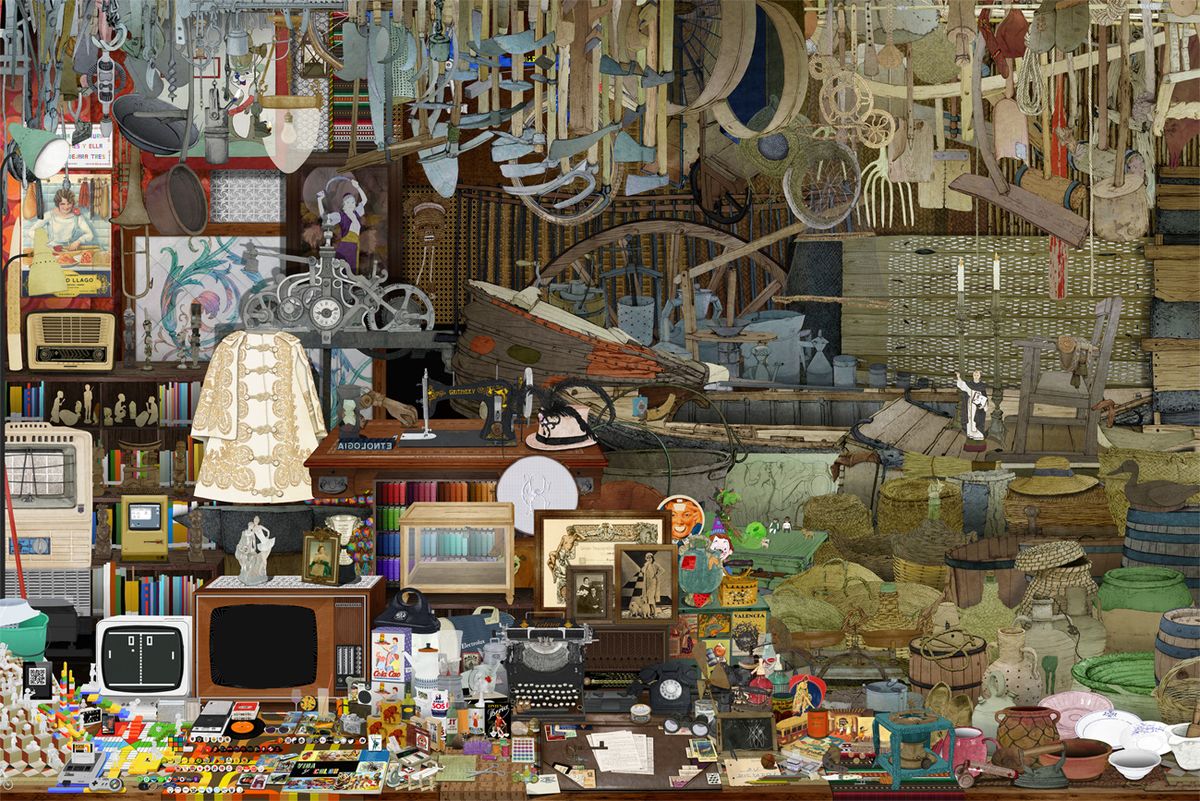Ethnology, an intricate tapestry of human cultures, serves as a lens through which we can examine the diverse ways in which societies evolve, adapt, and interact within the grand theater of existence. This field, a sub-discipline of anthropology, delves into the comparative study of cultures and their developments. It beckons us to ponder the myriad of lifestyles, beliefs, and practices that comprise the rich mosaic of humanity.
At its core, ethnology investigates the essence of what it means to be human. Imagine, if you will, a grand library where each book represents a different culture, replete with its own stories, challenges, and triumphs. Each tome is penned with the ink of collective experiences, revealing insights into how societies navigate their environments and the complexities of human emotion. In this grand repository of knowledge, ethnologists act as curators, cataloging and interpreting these narratives to provide a deeper understanding of cultural dynamics.
The methodologies employed within ethnology are as varied as the cultures studied. Ethnographic fieldwork often stands at the forefront, where researchers immerse themselves in communities, living among the people and observing their daily lives. This participatory observation enriches the data collected and transforms abstract theories into lived realities. The ethnologist, armed with a notebook and an open heart, becomes a translator of culture, decoding the signifiers of life through rituals, oral histories, and social interactions.
Language, a formidable pillar of ethnology, not only facilitates communication but also encapsulates the worldview of a community. Dialects, idioms, and metaphors serve as windows into the psyche of a civilization, revealing values, priorities, and historical narratives. Examine, for instance, the concept of ‘ubuntu’ in certain African traditions, which emphasizes communal bonds and interconnectedness. Such terms transcend mere words; they embody philosophies, shaping behavior and communal identity. Understanding these linguistic nuances enriches our appreciation of cultural specificity and the underlying currents that influence human behavior.
Furthermore, the uniqueness of ethnology lies in its ability to highlight the interplay between tradition and modernity. Every culture exists within the flux of change, balancing the preservation of ancestral legacies with the pressures of contemporary globalization. Imagine two rivers converging, each with its own currents—one brimming with ancestral wisdom, the other racing forward into the uncharted waters of modernity. The ethnologist captures this dynamic, exploring how cultures respond to rapid societal transformations while striving to maintain their distinctiveness.
In the realm of kinship and social structure, ethnology unfurls another layer of the human experience. The family, as an institution, manifests in diverse forms across societies. Consider the contrast between nuclear and extended families. In some cultures, lineage and ancestry dictate social standing, determining roles and responsibilities within the community. In others, egalitarian structures may prevail, fostering inclusivity. Ethnologists meticulously analyze these configurations, shedding light on how they influence social behavior, resource distribution, and community cohesion.
Religion, an omnipresent facet of human life, also finds itself at the heart of ethnological inquiry. Each faith encompasses a rich tapestry of beliefs, practices, and rituals that shape the moral compass of a community. Ethnologists venture into sacred spaces, exploring not only the doctrines that guide followers but also the intangible feelings that imbue these practices with meaning. The rituals of a society can illuminate the collective identity, unifying individuals through shared experiences that transcend the mundane. Here, ethnology serves as a bridge, connecting the material world with the spiritual, offering insights into the eternal quest for understanding and purpose.
While ethnology celebrates diversity, it also grapples with the complexities of cultural appropriation and the ethical dilemmas posed by representation. The responsibility lies heavily on the shoulders of ethnologists to navigate these waters with care, ensuring that the voices of marginalized communities are amplified rather than overshadowed. The act of storytelling becomes an ethical endeavor, demanding sensitivity, reflexivity, and a commitment to authenticity. A mere specter of culture devoid of respect can lead to misrepresentation and erasure, undermining the very essence of what ethnology seeks to celebrate.
In an era typified by globalization and technological advancement, ethnology remains an indispensable tool for fostering cross-cultural understanding. As societies become increasingly interconnected, the propensity for cultural dilution looms ominously. Ethnologists act as custodians of culture, tirelessly documenting the rhythms and patterns of diverse communities, ensuring that their legacies endure against the tide of uniformity.
Moreover, in addressing contemporary issues such as climate change, ethnology plays a pivotal role in contextualizing the impacts on cultural practices and livelihoods. Indigenous knowledge systems, often overlooked, provide invaluable insights into sustainable living and environmental stewardship. Ethnological research can reveal the profound connections between people and their environments, highlighting the urgent need to incorporate local knowledge into broader dialogues about conservation and ecological health.
In summary, ethnology embodies a profound engagement with the human experience, reflecting a kaleidoscope of cultures that challenge our preconceived notions and enrich our worldview. It invites us to recognize the beauty within our differences while celebrating the common threads that bind us together. By delving into the nuances of human existence, ethnologists illuminate pathways for empathy, understanding, and ultimately, a more harmonious coexistence in our diverse world. The journey through this vibrant landscape fosters not only knowledge but also a deep appreciation for the rich tapestry of life that defines humanity.
